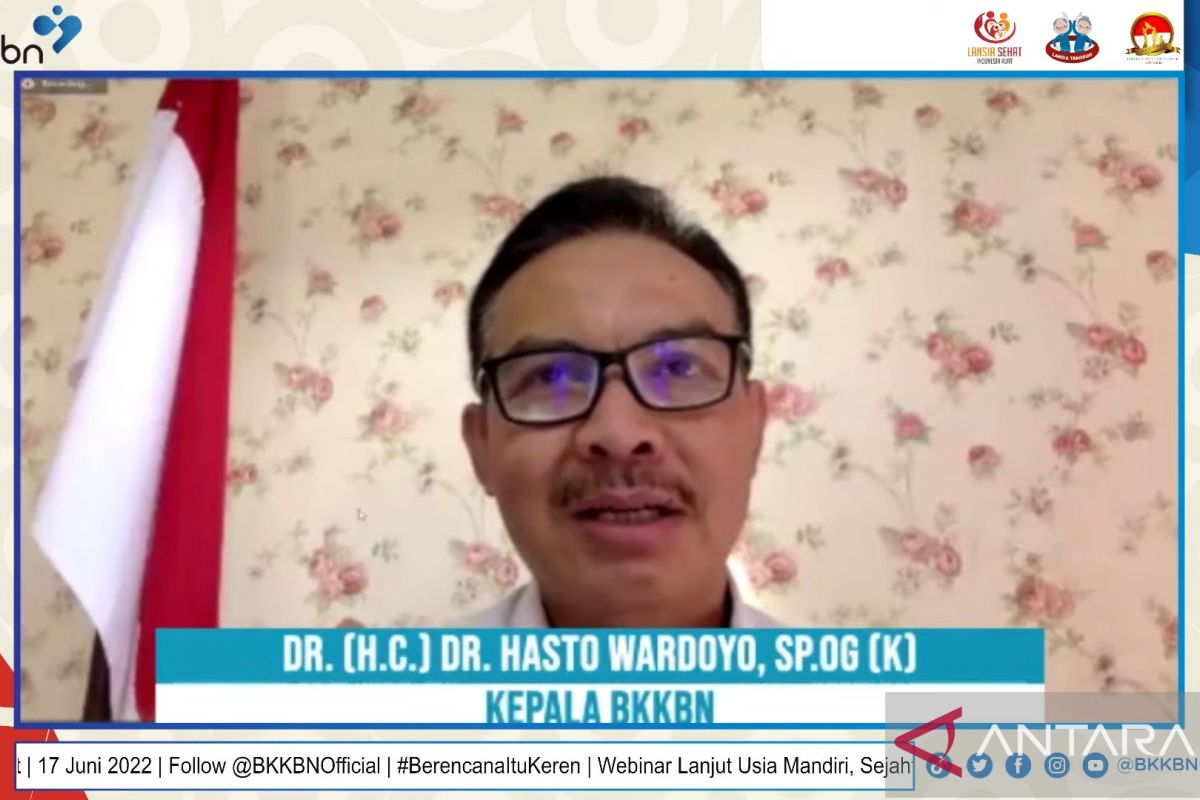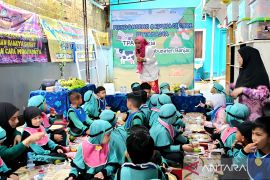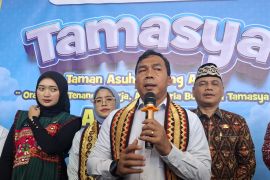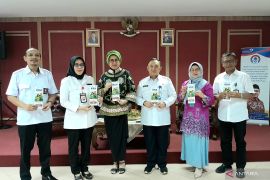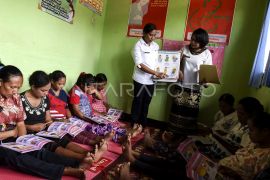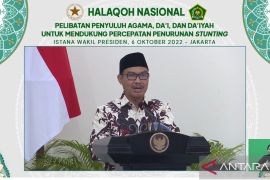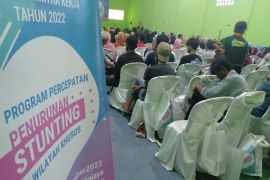Nevertheless, the productivity of the elderly must be maintained to prevent a surge in the non-productive population, which increases the burden of the state.Jakarta (ANTARA) - Eight Indonesian provinces are currently experiencing population aging, with the number of elderly people registering a growth every year, head of the National Demography and Family Planning Board (BKKBN) has said.
BKKBN head Hasto Wardoyo conveyed the information at the “Independent, Prosperous, and Dignified Elderly” webinar, which was accessed from here on Friday.
According to the agency’s data, the eight provinces are Yogyakarta, East Java, Central Java, North Sulawesi, Bali, South Sulawesi, Lampung, and West Java.
The number of elderly people as a proportion of the total population in each province has reached 15.52 percent, 14.53 percent, 14.17 percent, 12.74 percent, 12.7 percent, 11.2 percent, 10.22 percent, and 10.18 percent, respectively.
The BKKBN head said that the high elderly population shows that there has been an increase in life expectancy and the human development index in the provinces.
"Nevertheless, the productivity of the elderly must be maintained to prevent a surge in the non-productive population, which increases the burden of the state," he added.
Only 20 percent of the elderly people in Indonesia are engaged in productive activities, with most living in poor economic conditions, he informed.
At least 22.22 percent of the elderly from the lower class have never attended school. Meanwhile, 39.79 percent of them have not completed elementary education, according to data from Statistics Indonesia (BPS).
As per the data, 12.98 percent of the elderly from the middle class have never attended school, while 30.39 percent have finished elementary education.
Meanwhile, only 5.06 percent of the elderly from the upper class have not attended school, while 25.37 percent have completed elementary education.
Related news: Strengthening monitoring of elderly women's health needed: BKKBN
Wardoyo said that the problem needs to be addressed well since it is estimated that 100 productive Indonesian people will support about 50 unproductive people by 2035.
Hence, it will be difficult to establish prosperous families.
"In 2035 until 2045, we will be flooded with elderly people who only have little savings and poor education. Thus, we will be clearly burdened. Hence, from now on we have to prepare,” the BKKBN head stated.
Therefore, to optimize the demographic bonus and achieve Indonesia Gold 2045 vision, in accordance with the directive of President Joko Widodo, Wardoyo asked each regional government to strengthen the Elderly Family Development (BKL) Program to maintain the quality of life of elderly people.
Related news: Minister calls for improving health services for older adults
Translator: Hreeloita Shanti, Uyu Liman
Editor: Rahmad Nasution
Copyright © ANTARA 2022
